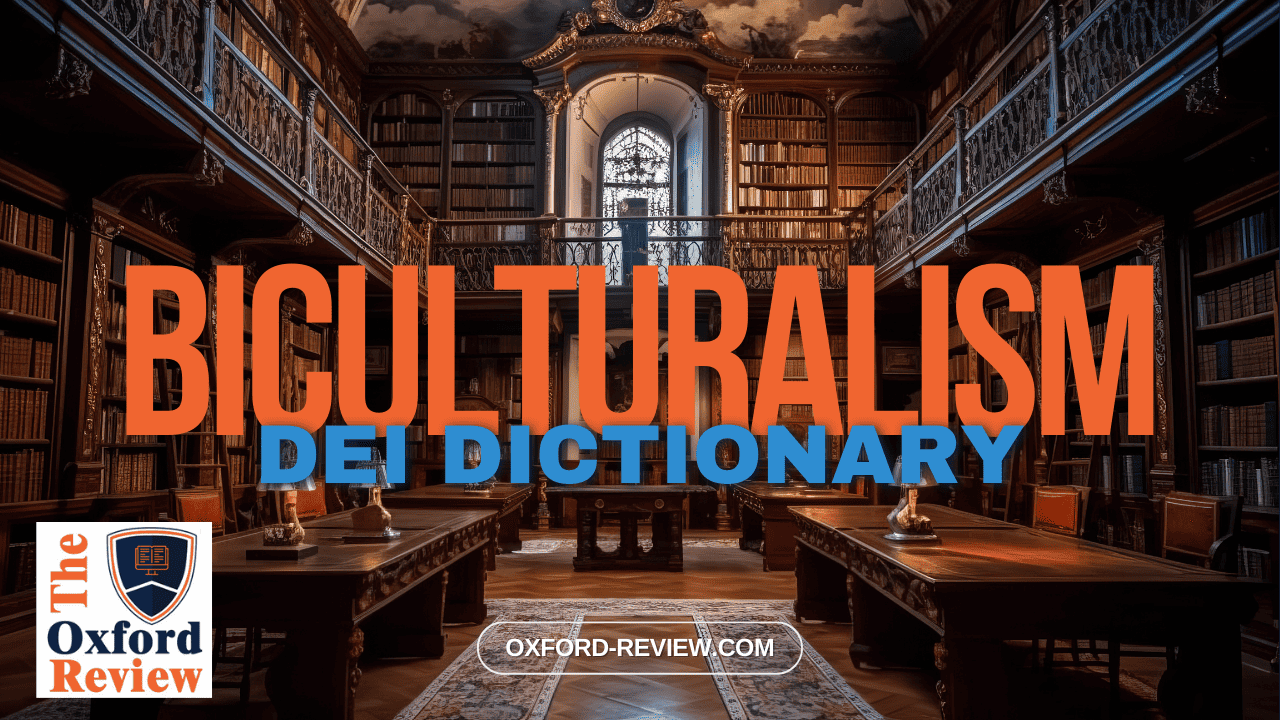Biculturalism – Definition and Explanation

Definition:
Biculturalism entails the adeptness to navigate and embrace the values, customs, and traditions of two different cultures simultaneously. Individuals who are bicultural possess a multifaceted identity, seamlessly incorporating elements from both cultures into their lives. This not only enriches their personal experiences but also contributes to the enrichment of the wider societal tapestry.
Embracing Diversity:
Biculturalism celebrates diversity by acknowledging and honouring the uniqueness of each culture. It encourages individuals to appreciate the richness that cultural differences bring to the table. By embracing biculturalism, communities can move beyond mere tolerance towards genuine acceptance and respect for diverse backgrounds.
Promoting Inclusion:
At its core, biculturalism promotes inclusivity by breaking down barriers and fostering a sense of belonging among culturally diverse individuals. It creates spaces where people feel empowered to express their authentic selves without fear of judgment or exclusion. In workplaces, educational institutions, and communities, embracing biculturalism can lead to more equitable opportunities and environments for all.
Example:
In the United Kingdom, biculturalism is evident among many immigrant communities who maintain strong ties to their heritage while integrating into British society. For instance, second-generation South Asian immigrants often navigate between their ancestral traditions and British customs seamlessly. They might celebrate Diwali with fervour while also participating in local festivities like Guy Fawkes Night. This bicultural identity allows them to bridge the gap between their cultural roots and their British identity, contributing to the vibrant multicultural landscape of the UK.
Conclusion:
Biculturalism serves as a powerful tool for promoting diversity, equity, and inclusion in today’s globalized world. By embracing and celebrating the richness of multiple cultures, individuals and communities can build bridges, foster understanding, and create a more inclusive society for all. Let us recognise the value of biculturalism and strive to cultivate environments where everyone feels respected, valued, and empowered to embrace their unique cultural identities.
References:
Nguyen, A. M. D., & Benet‐Martínez, V. (2007). Biculturalism unpacked: Components, measurement, individual differences, and outcomes. Social and Personality Psychology Compass, 1(1), 101-114. https://compass.onlinelibrary.wiley.com/doi/abs/10.1111/j.1751-9004.2007.00029.x
Schwartz, S. J., & Unger, J. B. (2010). Biculturalism and context: What is biculturalism, and when is it adaptive?: Commentary on Mistry and Wu. Human development, 53(1), 26. https://www.ncbi.nlm.nih.gov/pmc/articles/PMC2840244/
Nguyen, A. M. D., & Benet-Martínez, V. (2013). Biculturalism and adjustment: A meta-analysis. Journal of cross-cultural psychology, 44(1), 122-159. https://journals.sagepub.com/doi/abs/10.1177/0022022111435097
LaFromboise, T., Coleman, H. L., & Gerton, J. (2013). Psychological impact of biculturalism: Evidence and theory. Readings in ethnic psychology, 123-155. https://www.taylorfrancis.com/chapters/edit/10.4324/9781315822129-13/psychological-impact-biculturalism-teresa-lafromboise-hardin-coleman-jennifer-gerton
Be impressively well informed

Get the very latest research intelligence briefings, video research briefings, infographics and more sent direct to you as they are published
Be the most impressively well-informed and up-to-date person around...
